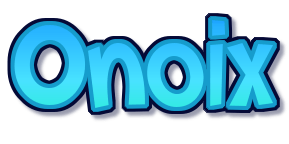In recent days, you have certainly come across certain posts on social networks, TikTok, or Instagram Stories from your contacts, where your friends appeared transformed into real works of art created instantly. Today there are many software programs allowing you to create this kind of rather suggestive images: we can find among others DALL-E, Stable Diffusion and Midjourney, but also AI Art.
More precisely, it is software that uses Artificial Intelligence (AI) to generate very realistic photos, portraits and drawings from an infinite database available online. While this in itself is a very cute idea that many have had fun with, it still remains a type of technology that has opened up new, unexplored scenarios.
Some have actually asked questions about the delicate subject of copyright: who owns the rights to images created by AI? The answer is not so simple.
The problem of copyright on images created by Artificial Intelligence

Artificial Intelligence algorithms are destined to change everything in the future, including the relationship we have with art.
AI has indeed demonstrated that it can create works of art on its own. However, today, the debate still remains open about what we can understand as a work of art (and even our certainties about the definition of what an artist is are starting to waver!).
The main problem is that the AI, to create its “products” refers to these same artists who graciously made their contribution to the final creation of the content. Concretely, an AI assembles elements from links already established in images created by the work of hundreds or thousands of people, who, from their creative efforts, have generated a real profession. This means, to summarize, that artists are involuntarily contributing to the provision of materials to Artificial Intelligence, which, in this way, will use the fruit of their work.
The authors of the original images should therefore receive compensation for what is produced by Artificial Intelligence? For the moment, we don’t know, because the situation is completely new!
A new scenario
Nothing prevents, for example, an artist who has “recognized” himself in a work of art created by Artificial Intelligence, from being able to claim against the platform which generated it for violation of copyright . This is an entirely possible scenario , but the consequences of which we do not know: we do not know, in fact, what an unprecedented judge could decide on the management of this type of case.



